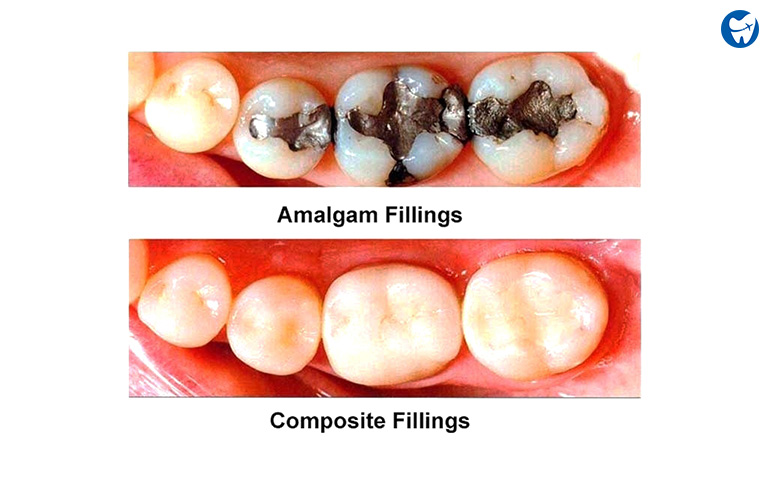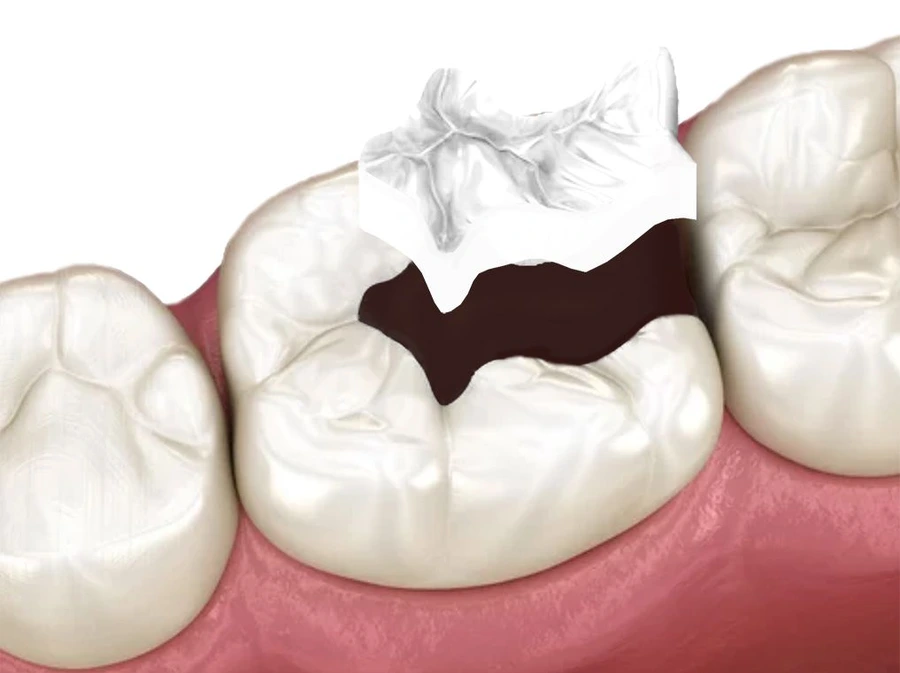Dental fillings can cost between $100 to $500 per tooth, depending on the type of material used and the complexity of the procedure. The cost of dental fillings varies based on the material used and the complexity of the procedure, ranging from $100 to $500 per tooth.
When considering dental fillings, it’s important to understand the cost implications as this can vary widely based on factors such as the type of filling material used, the location of the tooth, and the dentist’s expertise. Factors that impact the cost of dental fillings include the type of material used, the location of the tooth, and the dentist’s experience.
Costs can also be influenced by geographic location and the dental practice’s pricing structure. It’s essential to consult with a qualified dentist to get an accurate estimate based on your specific needs and circumstances.
Factors That Affect The Cost Of Dental Fillings
The cost of dental fillings can vary depending on several factors. One important factor is the type of filling material used. There are different types of materials available, such as amalgam, composite resin, gold, and porcelain. The cost of these materials can vary greatly, with amalgam fillings being the most affordable option and gold fillings being the most expensive.
Another factor that affects the cost of dental fillings is the location of the dental office. Dental offices in different areas may have different overhead costs, which can impact the price of fillings. Additionally, the geographical location of the dental office can play a role in pricing, as some areas may have higher living costs and expenses.
The extent of tooth decay is another factor that can affect the cost of dental fillings. Small cavities may require less material and time to fill, making them less expensive, while larger and more extensive decay may require more extensive treatment and therefore cost more.
Different Types Of Dental Fillings
Amalgam Fillings: These fillings are the most affordable option, ranging from $50 to $150. They are made of a combination of metals and are very durable. Composite Fillings: These fillings are more natural-looking and can cost between $90 and $250. They are made of a mixture of glass or quartz filler and can be used for small to medium-sized fillings. Gold Fillings: Gold fillings are the most expensive option, with prices ranging from $250 to $4,500. They are long-lasting and are usually used for inlays, onlays, and crowns. Ceramic Fillings: These fillings are made of porcelain and can cost between $250 and $4,500. They are stain-resistant and blend in with natural tooth color, making them a popular choice for front teeth.
Average Cost Of Dental Fillings
The average cost of dental fillings can vary based on several factors. The cost range for different types of fillings includes amalgam fillings, which are on the lower end of the scale, and composite fillings, which tend to be more expensive. Insurance coverage for dental fillings can also impact the out-of-pocket expenses. Many dental plans cover a portion of the cost, but patients may still have to pay for a portion of the expense. It’s important to check with your insurance provider to understand what is and isn’t covered. Overall, the out-of-pocket expenses for dental fillings may depend on the type of filling, the dental provider, and your insurance coverage.

Credit: www.dentavacation.com
Ways To Save Money On Dental Fillings
A dental filling is a common dental procedure that helps to restore the function and appearance of a tooth affected by decay or damage. The cost of dental fillings can vary depending on several factors, but there are ways to save money on this procedure.
One way to save money on dental fillings is to have dental insurance. Many dental insurance plans cover a portion of the cost of fillings, reducing the out-of-pocket expense for the patient.
Another option is to consider dental discount plans. These plans offer reduced fees for dental procedures, including fillings, for members. Dental discount plans are an affordable alternative for individuals without dental insurance.
Additionally, dental schools often offer dental fillings at a lower cost. Dental students, under the supervision of experienced dentists, perform the procedures. This can save patients money while still receiving high-quality dental care.
Lastly, charitable organizations sometimes provide free or low-cost dental fillings to those in need. These organizations aim to improve oral health in underserved communities.
In conclusion, there are several ways to save money on dental fillings, such as having dental insurance, considering dental discount plans, seeking treatment at dental schools, or exploring options provided by charitable organizations.
Importance Of Dental Fillings
Dental fillings are an essential part of maintaining good oral health. They play a crucial role in preventing tooth decay by filling the cavities caused by bacteria and plaque buildup. With a filling, the damaged tooth structure is restored, allowing for proper functionality of the tooth, such as chewing and speaking. By improving oral health, fillings help prevent further damage and decay, ensuring the longevity of your natural teeth.
Regular dental check-ups are vital to detect cavities early on, as untreated cavities can lead to more serious complications in the long run. When left untreated, tooth decay can spread to the root, necessitating more extensive and expensive dental procedures.
Dental fillings come in various materials, including silver amalgam, composite resin, and porcelain, each with its own cost. The overall cost depends on factors such as the size of the cavity, location of the tooth, and your geographic location. Consulting with your dentist will provide a more accurate estimate of how much dental fillings cost for your specific needs.

Credit: omegadentists.com

Credit: www.teethtalkgirl.com
Frequently Asked Questions On How Much Do Dental Fillings Cost
How Much Does A Dental Filling Cost?
The cost of a dental filling can vary depending on several factors, such as the type of filling material used, the size of the cavity, and the location of the dental practice. On average, the cost can range from $100 to $300 per filling.
It’s best to consult with your dentist to get an accurate estimate for your specific situation.
Does Dental Insurance Cover The Cost Of Fillings?
Yes, dental insurance typically covers a portion of the cost of fillings. The coverage can vary depending on your insurance plan and provider. It’s important to review your insurance policy or contact your insurance provider to understand the extent of coverage for fillings and any associated costs.
Are There Cheaper Alternatives To Traditional Dental Fillings?
Yes, there are a few alternatives to traditional dental fillings that may be more cost-effective. One option is amalgam fillings, which are made of a mixture of metals and are generally less expensive than composite or ceramic fillings. Your dentist can discuss the different options and help determine the most suitable and affordable choice for your dental needs.
How Long Does A Dental Filling Last?
The lifespan of a dental filling can vary depending on factors such as the type of filling material used, the location of the filling, and your oral hygiene practices. On average, a dental filling can last between 5 to 15 years.
It’s important to maintain good oral hygiene and schedule regular dental check-ups to ensure the longevity of your fillings.
Conclusion
To get the best dental filling for your needs, it is important to consider both the cost and quality of the treatment. The cost of dental fillings can vary depending on factors such as the type of material used, the complexity of the procedure, and the location of the dental clinic.
It is always recommended to consult with your dentist and discuss your options before making a decision. Remember, good oral health is an investment, and taking care of your teeth can save you from more extensive and expensive dental treatments in the future.














